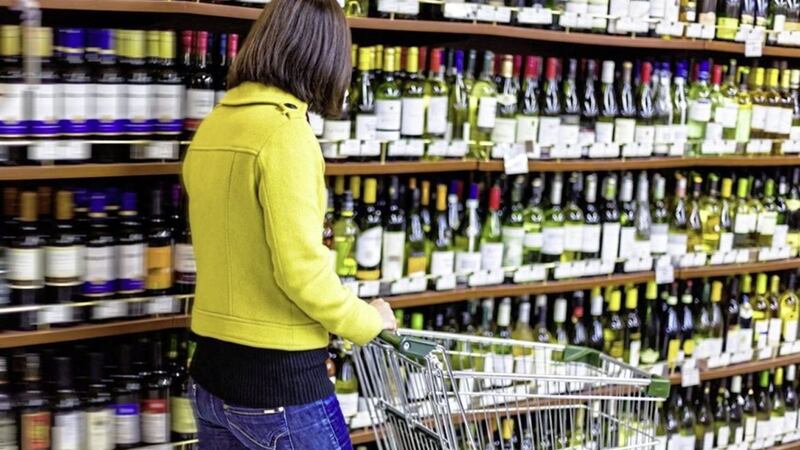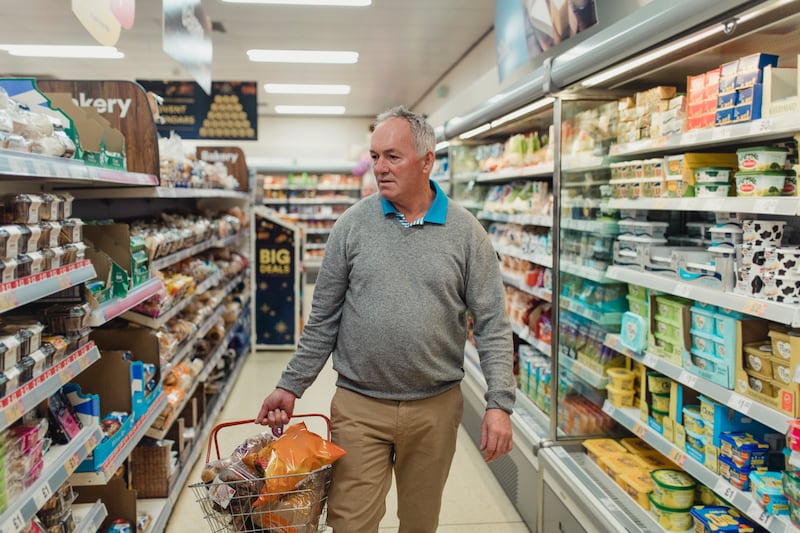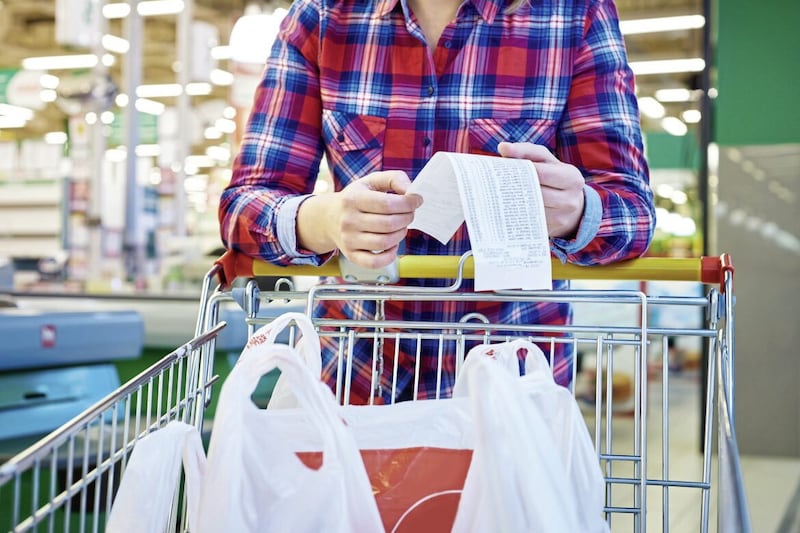THE north's grocery market declined by 1 per cent in the 52 weeks to October 31, reflecting the fact that people spending more time out of their homes as Covid restrictions eased throughout the year.
And sales of booze from supermarkets fell by more than 4 per cent this year as people made the most of new freedoms and socialised in pubs and restaurants, the data from Kantar shows.
But on the flip side, Halloween festivities led to sales of confectionery growing by 5.4 per cent over the latest period.
In the past three months specifically, sales in the Northern Irish grocery market fell by 7.6 per cent compared with the same time in 2020.
The impact of the return to schools and workplaces in this 12 week data which meant volume sales fell by 5.5 per cent as people ate fewer meals in their homes and had less need to stock up their cupboards.
Kantar said Lidl was the only retailer to achieve growth over the past 52 weeks, boosting its sales by 9.2 per cent, the result of shoppers visiting the store 12.9 per cent more than they did last year.
According to Emer Healy, retail analyst at Kantar, Tesco remains the region’s largest grocer with a 35.7 per cent share of the market.
“Its customers bought more products in store and the retailer grew its portion of the market by 0.3 percentage points," she said.
“Sainsbury’s holds a 17.0 per cent market share and its shoppers visited the supermarket more frequently than they did at any other retailer, contributing £80 million to its overall performance.
“Asda gained 0.1 percentage points of share this period to hold 16.0 per cent of the market. Shoppers made two additional trips to store on average, a trend which added £34.9 million to its overall performance."







